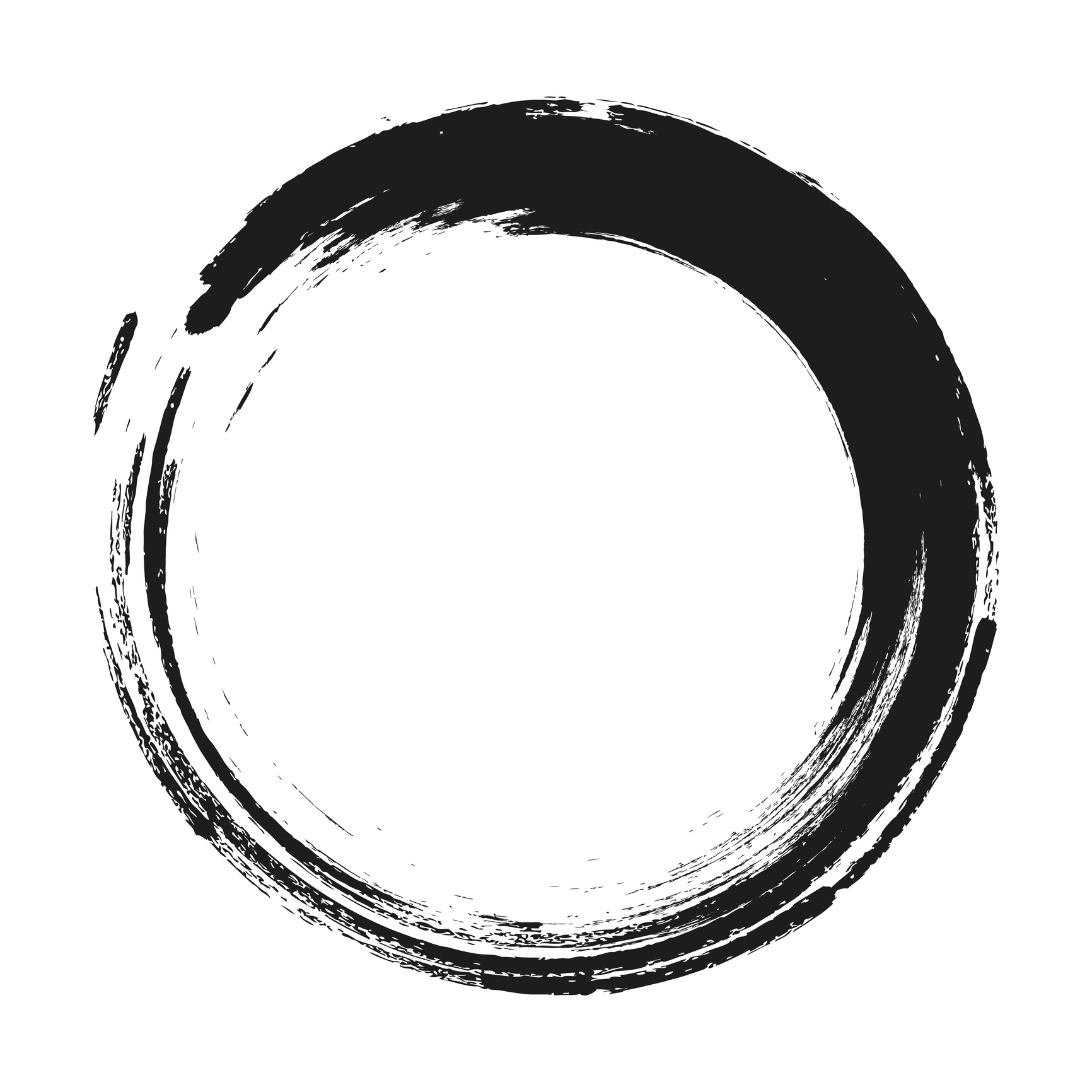Windhorse ways is here to support where the needs of the individual meet the needs of the world.May this bridge be an emissary of the good, the true and the beautiful.
windhorse
In reverence for Tibetan Culture
Windhorse is a word that comes from Tibetan Buddhism. It is an auspicious word with no English equivalent. The word spans multiple depths of meaning and can generally be thought of as an alchemical process that harnesses relationality, action, accountability, authenticity and movement. One interpretation of Lungta, or Windhorse, is the subtle energy upon which the mind rides. At its essence, cultivating Windhorse is about harnessing the mind for good. In being aware of the quality of our attention, we can choose to move towards the good, the true and the beautiful.


The way
In reverence for Taoist philosophy
The Way or The Tao, is unnameable, ineffable and omni. With roots in Taoist philosophy it came into being over 2500 years ago in China. Similar practices and ideas appear in indigenous traditions and it has greatly influenced Process Oriented Psychology. Process itself is an interpretation of The Way. Wise, cohering, individual, universal. There are other interesting, albeit metaphorical, parallels between quantum physics, morphogenetic field theory and consciousness studies that build on the concepts backed in this ancient philosophy. I invoke this concept out of deep respect for The Way of evolution - bending towards truth, beauty and goodness.
Assumptions
~ Awareness is fundamental to experience
~ The implicit movement of life tends towards truth
~ This movement reveals itself when we listen
~ Our inner world creates our outer world
~ Radical relationality: we're comprised of our relations
~ Deep democracy: we value all internal and external roles
~ Movement towards the good is aligned with evolution
~ Humans can embody this evolution intentionally
